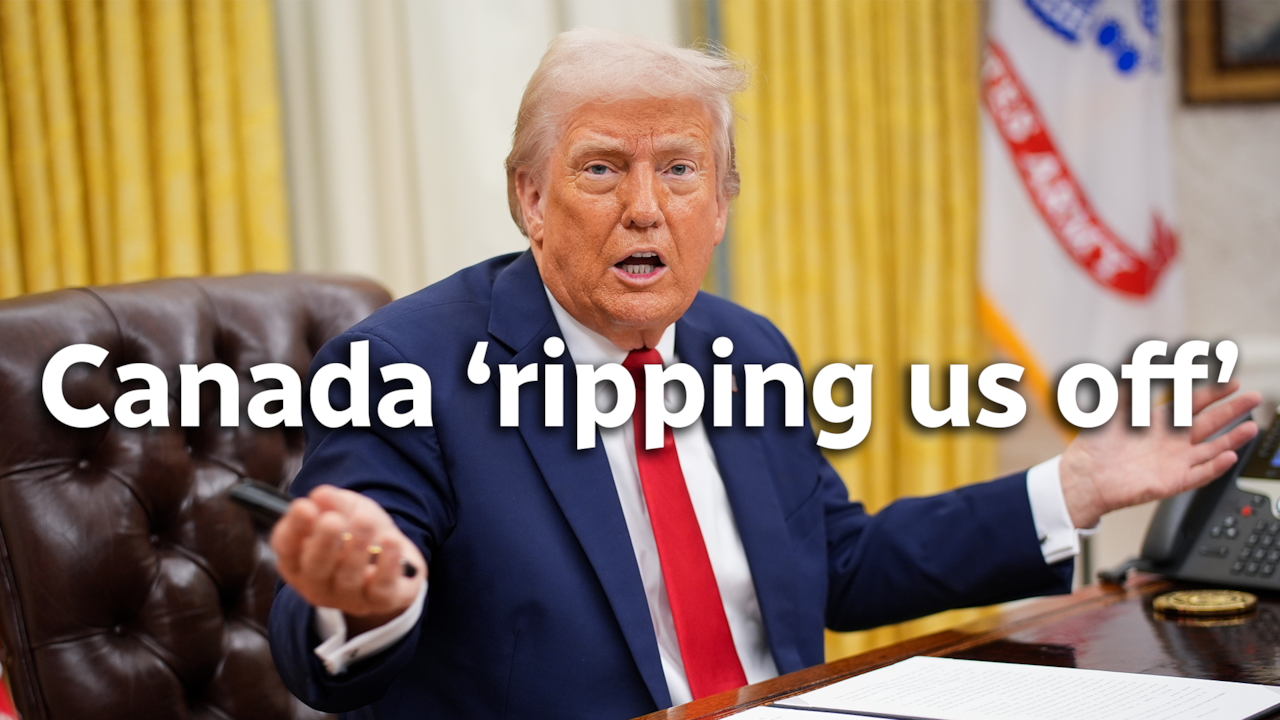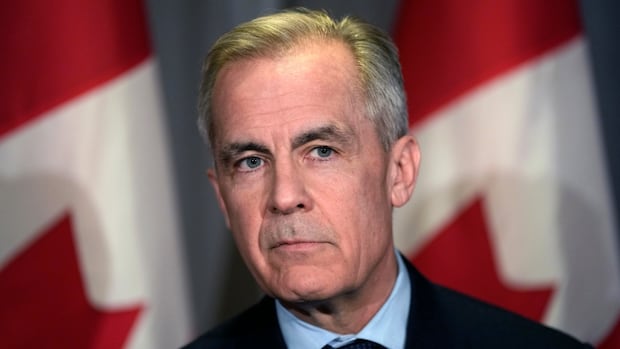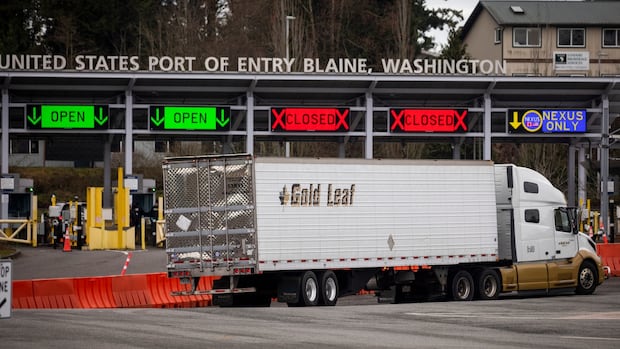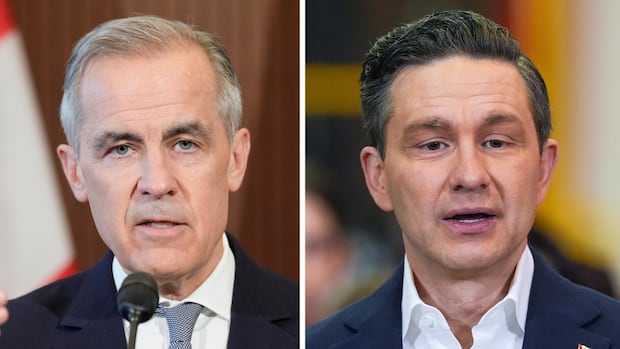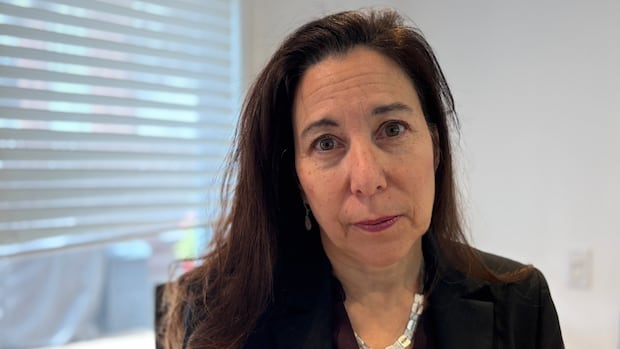Amid stories of travellers facing hurdles or even being detained at the U.S. border, some immigration lawyers say Canadians should expect extra questioning, have plenty of documents on hand and carry a burner phone.
Two lawyers interviewed by CBC News say they're fielding lots of questions about air and land travel to and from the U.S., with many worried about clearing U.S. Customs and Border Protection as rules change under President Donald Trump.
Heather Segal, an immigration lawyer and founding partner of Segal Immigration Law in Toronto, said on Monday that her inbox is flooded with questions.
"There's been much more heightened security and heightened investigations at the border," she said. "There is just tremendous fear, fear for numerous reasons. First of all, there's fear of getting detained. There's fear of not getting into the United States."
Segal said people are afraid they will be stopped, worried about what they will be asked and concerned they will say or do the wrong thing. She has been asked questions by Canadian citizens entering the U.S., American citizens returning to the U.S., transgender people, as well as permanent residents from Canada and Canadian immigrants with work permits.
"There's a fear, but no one's exactly sure what they're afraid of. They don't know what they've done wrong. There's a sense of guilt, but 'I don't know what I did.'"
 Two travellers are shown here at Toronto's Pearson International Airport. (CBC)
Two travellers are shown here at Toronto's Pearson International Airport. (CBC)Segal recommends Canadian travellers to the U.S. leave from an airport where they can clear U.S. customs while in Canada. She said going through "preclearance" affords Canadians rights while they are on Canadian soil.
"You might be detained for questioning, but you can say at any point, 'You know what, I don't want to travel anymore.' And as long as you tell them that you're just not interested and give them a good reason, you can leave. And they cannot keep you. You're not on U.S. soil."
Canadians can be detained at a land port of entry when going through U.S. customs, however, because they are on U.S. soil and they do not have the same rights that they would have in Canada, she said.
Global Affairs Canada, in a statement on Monday, said the federal department updated its guidance on March 21 to advise Canadians of a new U.S. requirement that those visiting the country for more than 30 days register with United States Citizenship and Immigration Services.
Segal said she is also hearing concerns from Canadians about registration and whether they are registered for longer stays.
WATCH | Immigrations lawyers on what you need to know about U.S. travel: Immigration lawyers are warning Canadians to expect extra questions, have plenty of documents on hand and to carry a burner phone before travelling to the U.S., whether by land or by air. CBC's Lorenda Reddekopp explains why.When Canadians fly into the U.S., they are issued a copy of their I-94 form — an arrival-departure record form that indicates how long they can stay in the U.S., she said. The form indicates that they are registered and documents their "date of entry and exit" from the U.S.
But Canadians entering the U.S. by land are not issued a copy of their I-94 form, said Segal. She said travellers can get a copy of it, or apply in advance for it, by going onto the U.S. Customs and Border Protection I-94 website.
Mobile phones can be searched, lawyers saySegal also suggests people travel with a burner phone and leave their actual phones at home.
U.S. customs officials can look through a mobile phone, check comments made on social media and look through a laptop, she said. They can also take devices or download all of their contents, she added.
"To protect yourself, more so now than ever, I think it is a great idea to take a burner phone, to not take your technology, to not take anything on your technology that you would be afraid of any government entity knowing or having," she said.
"The concept of privacy is completely different when you enter the United States."
 Ravi Jain, an immigration lawyer and founder of Jain Immigration Law in Toronto, says: 'It's a very scary time. He added: 'I think people need to be a bit more aware that the U.S. is not messing around.' (Aloysius Wong/CBC)Canada should issue travel advisory to U.S., says lawyer
Ravi Jain, an immigration lawyer and founder of Jain Immigration Law in Toronto, says: 'It's a very scary time. He added: 'I think people need to be a bit more aware that the U.S. is not messing around.' (Aloysius Wong/CBC)Canada should issue travel advisory to U.S., says lawyerRavi Jain, an immigration lawyer and founder of Jain Immigration Law in Toronto, told CBC Radio's Metro Morning on Monday that he agrees that people should take burner phones when going to the U.S. He said mobile phones, tablets and laptops can be searched.
Given the changes at the border, Jain thinks the Canadian government should issue a travel advisory to the U.S.
"It's a very scary time," he said. "I think people need to be a bit more aware that the U.S. is not messing around."
Jain said he is advising his clients, including those who have been critical of the Trump administration on social media or who were born in Iran and Syria, that it's not a good idea to go the U.S.
One travel agent says travel to the U.S. among her clients is drying up due in part to concerns about crossing the border.
Azin Mohajer, manager of Atlas Travel in Toronto, which specializes in travel for Iranian-Canadians, said people born in Iran or who went there recently have been questioned at the border and her clients are simply not travelling there anymore.
"I can say it has been maybe to zero the last four weeks that we haven't even sold one single ticket to the U.S. or either transiting through the U.S."
Mohajer said clients are spending hundreds of dollars more per ticket to avoid a U.S. stopover.
If her clients do fly south of the border now, Mohajer said she recommends arriving extra early and being prepared.
"Have extra documents that show that you are working here, you have houses here and some extra documents on top of your Canadian passport."




